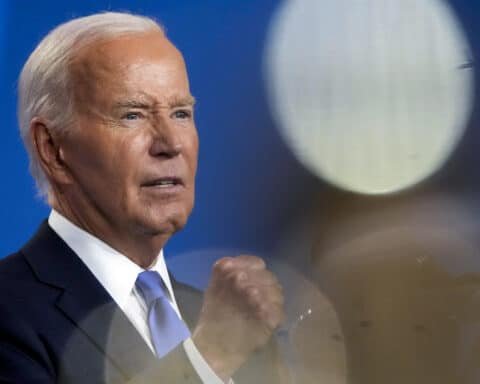Harare, Zimbabwe – The Zimbabwean government has issued a stern rejection to what it labels as ‘so-called’ LGBT scholarships, branding them as unlawful and unchristian. In a recent press statement, the government criticized foreign interests for attempting to entice Zimbabwean students into what it described as “alien, anti-life, un-African and unchristian values.”
The statement from the Office of the President and Cabinet vehemently denounces the scholarship offers, claiming they are aimed at less privileged but capable students to engage in Lesbian, Gay, Bisexual, and Transgender activities and malpractices. Zimbabwe has legislation in place against such practices, and any offers based on these are considered both illegal and a serious affront to the nation’s Christian values.
Government officials view the scholarships as a direct challenge to Zimbabwe’s authority and national values. The statement outlines a commitment to enforce national laws and protect what it calls the national ethos. Zimbabwean schools and higher education institutions are instructed not to entertain applications or enroll individuals associated with or promoting LGBT values.
The Vice President of the Republic of Zimbabwe, Hon. Gen. (Retd) Dr. C.G.D.N. Chiwenga ‘GCZM’, reiterated the government’s stance, urging young Zimbabweans to seek educational support from government-sanctioned grants and scholarships. The Vice President emphasized that individuals should not be tempted to trade or sell their souls for what is termed ‘abominable and devilish offers.’
The statement concludes with a reminder that Zimbabwe is a sovereign African State with definitive laws and values that set it apart from other nations.
This development comes amid ongoing debates around the world regarding the rights of the LGBT community, with various countries taking differing stances on such issues. Zimbabwe’s position underscores the complexity and varying cultural and legal attitudes towards LGBT rights globally.








